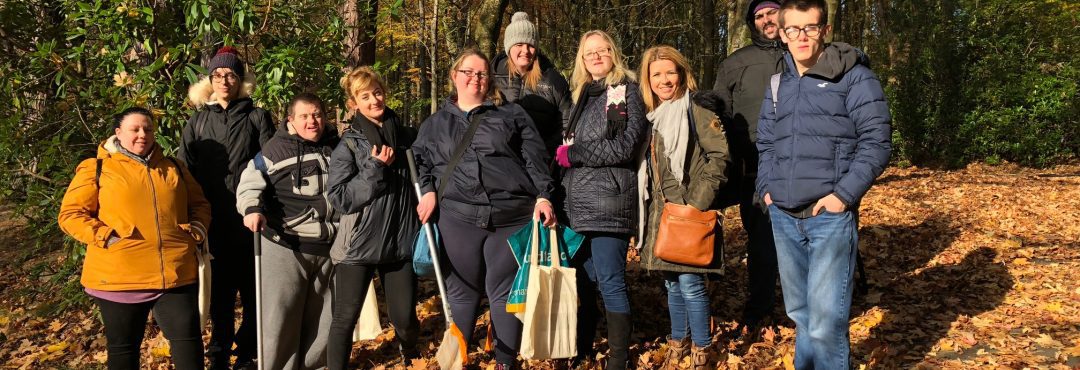Background to the Buglife projects
Buglife (the Invertebrate Conservation Trust), promote biological recording through training workshops (beginners workshops, under-recorded species workshop and habitat management workshops. They run a number of ongoing wildlife surveys including the Scottish Seashell Survey, Scottish Ladybird survey, Scottish oil beetle survey and Scottish Glow worm survey. Buglife also take local groups out on bug walks where they are shown different species and told about habitats. They carry out habitat creation with community groups such as installing bee banks for solitary bees or sowing/planting wildflowers for pollinators as part of the ‘Buzzing’ projects (such as Glasgow’s Buzzing.)
How the Buglife projects work
Buglife run species identification workshops in Scotland attended by over 200 people. This training includes beginners workshops, under-recorded species workshop and habitat management workshop. Buglife have a UK wide support network with offices and staff in Stirling, Peterborough, York, Plymouth and Cardiff. They also have online support material that is suited to community group participation in Citizen Science.
How Buglife involves communities
Communities can get involved in Buglife’s B-Lines project which maps and improve the connectivity of wild-flower rich habitats for pollinators and other invertebrates. The national Buzzing project create and improve parks and green spaces in urban areas for pollinators and engage with local communities. Buglife have also worked with community groups to promote the importance of brownfield sites for wildlife.

